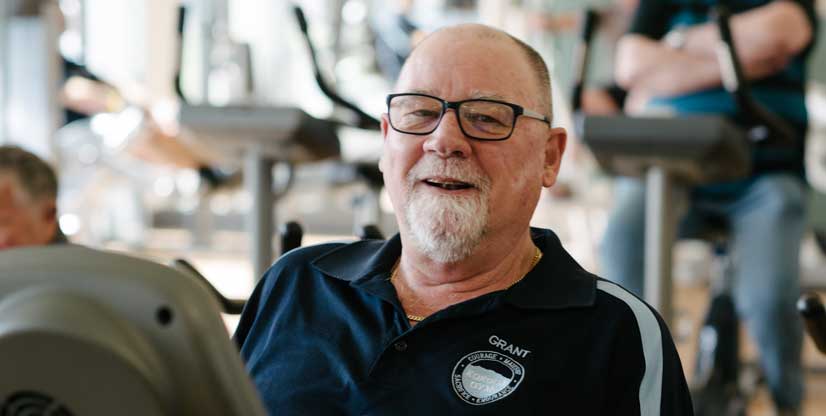Clinics & services
Trauma recovery
What is trauma and PTSD?
- Home
- Clinics & services
- Mental health
- Trauma recovery
- What is trauma and PTSD?
What is trauma?
The experience of trauma often involves exposure to a life-threatening situation or event. This experience may cause individuals to feel extremely frightened and as though they have no control over what is happening, disturbing their sense of security, and leaving them feeling helpless and overwhelmed.
Some trauma can bring about reactions that feel unfamiliar and strange. These reactions may negatively impact on a person's health and wellbeing, relationships, employment, and other aspects of their life. Left untreated, psychological trauma can diminish the person's quality of life, and that of their family.
People react to trauma in different ways. While some are comfortable speaking about their experience and actively seek help in dealing with it, others may simply not know how to get help, or feel too frightened or threatened to seek it. Others, again, may perceive feelings of distress as a weakness, and simply try to 'get on with things'.
Following the experience of trauma, it is common for individuals to have any, or all, of these responses:
- Disturbed sleep
- Intrusive and upsetting memories of the experience
- Emotional distress, such as anger or sadness, or feeling numb and disconnected
- Thinking a lot about the experience
- Keeping busy in order to avoid thoughts and feelings about the experience
- Feelings of grief
If feelings of distress and behavioural changes resulting from trauma persist, there is a chance they may develop into more serious conditions, such as PTSD, major depressive disorder, another anxiety disorder, substance abuse disorders, or pathological gambling.
All of these reactions are natural and, in time, many symptoms settle down. However, where symptoms persist, effective help is available. Facing the trauma is the first step. The second is recovering from its effects. Recovery is possible - whether the trauma occurred recently or in years gone by.
What is PTSD?
Post Traumatic Stress Disorder (PTSD) can develop after any trauma, including the experience of war, violent crime, sexual assualt, work place or traffic accidents. For many veterans or other defence personnel, PTSD develops following their military experiences.
PTSD entails that a series of behaviours and symptoms develop, which create a negative impact on an individual's wellbeing, their relationships, and employment.
Individuals living with PTSD may become easily angered or irritated. They may seem emotionally disconnected and socially withdrawn. They may become intolerant perfectionists, making unreasonable demands on family members.
The same individual may behave in quite different ways at different times and symptoms can be erratic and seemingly contradictory. PTSD is often experienced in conjunction with other mental health conditions, such as depression, anxiety, alcohol and drug misuse, and pathological gambling.
Signs and symptoms
Individuals living with PTSD might experience some, or all, of the following symptoms:
- Intense emotions or bodily sensations
- Difficulty relaxing, resting, sleeping, or concentrating
- Feeling empty, confused, exhausted, or disconnected
- Intrusive and unwelcome memories, nightmares, or flashbacks of the trauma
- Seriously affected work performance and/or social life
- Needing to remain active to avoid feeling upset
- Frequent or uncontrollable anger over little things
- Inability or unwillingness to share thoughts and feelings with anyone
- Relationships suffering and/or deteriorating
- Feeling 'burnt out'
- Being on guard, jumpy, or easy to startle
- A loss of interest in activities that were previously enjoyed
Though some of these symptoms may emerge soon after the trauma, it is also important to remember that PTSD can emerge long after a traumatic experience; sometimes years after the event. Importantly, it is never too early or too late to seek treatment.






